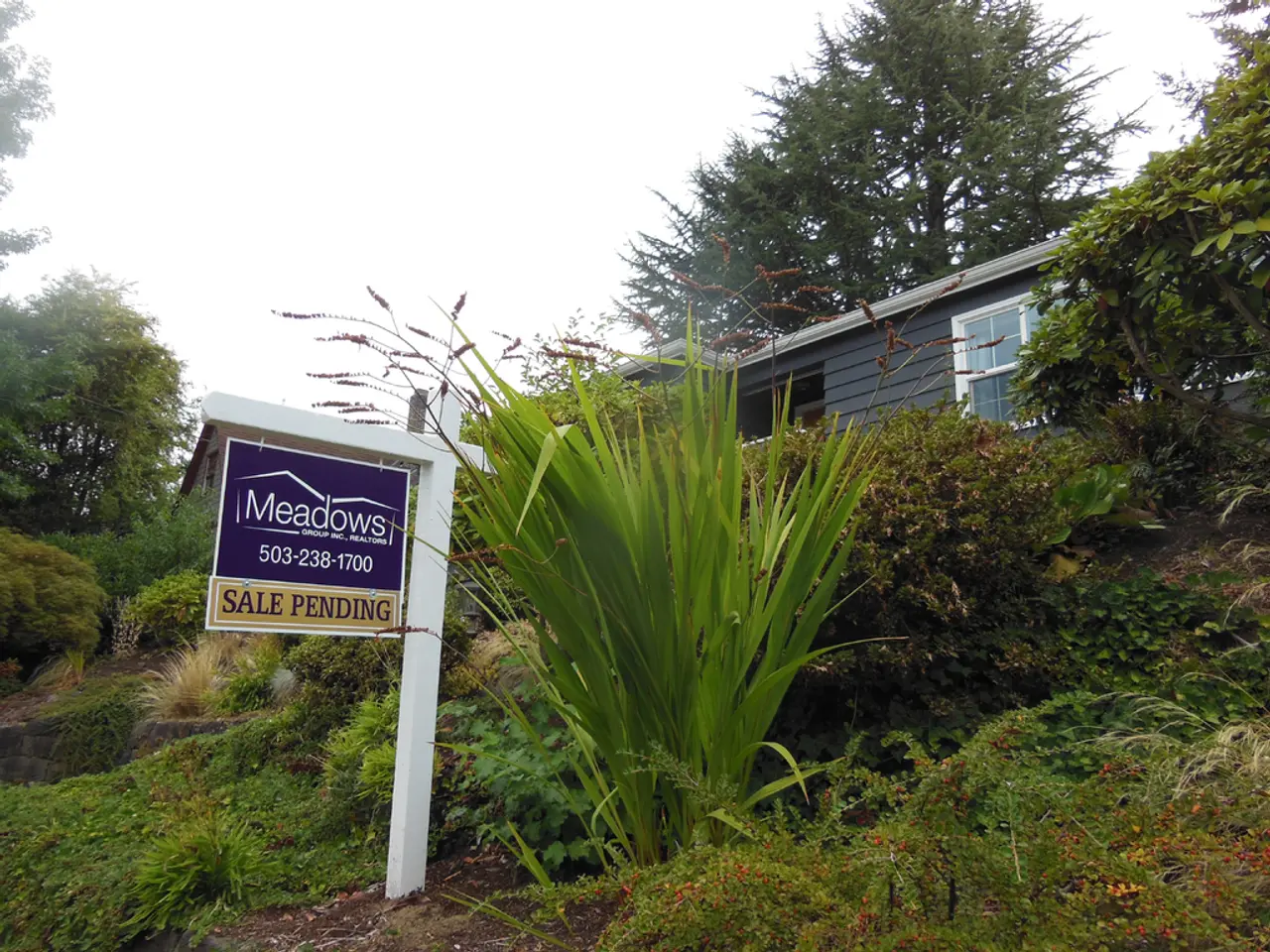Emerging Tech Hotspots in Africa: Picking the Best Spot to Debut Your Startup in 2025
In the dynamic landscape of African tech, several cities have emerged as attractive destinations for entrepreneurs, each with its unique strengths and advantages. Kigali, Rwanda, stands out as an ambitious hub with a focus on renewable energy and ease of doing business, setting it apart from its counterparts.
A cornerstone of Kigali's vision is the $300 million Kigali Innovation City, a bustling hub featuring top universities, office spaces, and incubators. This integrated ecosystem, which includes Carnegie Mellon University Africa, fosters synergy between education, tech companies, and biotech firms, supported by over $1 billion in investment and innovative companies like Ampersand and Zipline.
Kigali's top-funded startups span various industries, including fintech, agriculture, mobility, healthcare, water access, education, cleantech, and software. With over 80 completed investment deals, the city is attracting increasing attention from investors, creating a fertile ground for innovation in renewable energy solutions.
Venture capital investment in Africa reached $4.8 billion in 2022, and the region's economic outlook is promising, with GDP growth forecasted at 4.1% by 2025 and digital penetration expected to reach 67% by 2026. In 2024, African tech hubs attracted around $2.8 billion in funding, marking an important achievement for the region.
When picking the right tech hub in Africa for a startup, prioritising access to skilled talent, funding opportunities, infrastructure, the local ecosystem, and strategic location is crucial. Each city has unique strengths tailored to different industries:
- Lagos, Nigeria: The continent’s fintech capital, with a $9.8 billion ecosystem and over 500 active startups. It also spearheads AI innovation through Itana’s AI and data growth zone, offering integrated computing infrastructure and talent for AI-first companies impacting healthcare, finance, education, and agriculture.
- Nairobi, Kenya: Leads East Africa with $638 million funding in 2024, excelling in agritech and healthtech, leveraging strong investment flows and sector-specific innovations.
- Cape Town & Johannesburg, South Africa: Known for a skilled talent pool and robust infrastructure, these cities thrive in diverse sectors like clean energy, artificial intelligence, fintech, edtech, healthtech, and logistics. Johannesburg, emerging as South Africa’s top startup city, benefits from increased seed funding, accelerators, and a supportive entrepreneurial ecosystem.
- Cairo, Egypt: A rising tech hub valued at $8.3 billion, notable for strength in fintech and proptech (property technology), balancing rapid growth with a large ecosystem.
- Accra, Ghana: An emerging policy-friendly hub with focus areas in AI, agritech, and medtech, attracting startups seeking favorable regulatory and innovation environments.
Each African country has its own approach to business registration, with examples including the Corporate Affairs Commission in Nigeria and the Registrar of Companies in Kenya. Compliance with local regulations, including data protection rules and tax, VAT, and employment laws, is crucial for success in African markets.
Forming strong local partnerships is essential for navigating the complexities of African markets. To manage currency risks in Africa, consider using forward contracts and diversifying currency holdings. Currency volatility poses one of the greatest financial risks for U.S. entrepreneurs in Africa. Partnering with local advisors can help navigate complex legal landscapes in Africa. Modern fintech solutions, such as stablecoins, can help manage currency risks and improve liquidity in Africa.
In summary, the uniqueness of each hub aligns with dominant industries and infrastructure advantages:
| City | Unique Industry Strengths | Distinctive Features | |---------------|--------------------------------|------------------------------------------------| | Lagos | Fintech, AI | Largest ecosystem, AI and data growth zone | | Nairobi | Agritech, Healthtech | Leading East African funding, sector focus | | Cape Town | Clean Energy, AI | Skilled talent, innovation infrastructure | | Johannesburg | Fintech, Edtech, Healthtech | Rising seed-stage investment, startup-friendly | | Cairo | Fintech, Proptech | Large ecosystem value, rising star | | Accra | AI, Agritech, Medtech | Policy-friendly, emerging startup hub | | Kigali | Renewable Energy, Fintech | Kigali Innovation City, university-industry synergy|
These hubs represent Africa’s diversified tech landscape in 2025, with specific cities leading in various growth sectors supported by tailored infrastructure, talent, funding, and policy environments. Afef Ajengui, Regional Programme Manager at SPARK, emphasises the importance of investing in the ecosystem itself, not just its stars. Building strong relationships on the ground and engaging with regulators is essential for success in Africa.
- In Kigali, Rwanda's $300 million Kigali Innovation City, top universities, office spaces, and incubators create a startup ecosystem that includes Carnegie Mellon University Africa, fostering collaboration between education, tech companies, and biotech firms.
- Venture capital investment in Africa reached $4.8 billion in 2022, and African tech hubs like Kigali, which are attracting over 80 completed investment deals, set the stage for innovation in renewable energy solutions.
- Lagos, Nigeria, serves as the continent’s fintech capital with a $9.8 billion ecosystem and over 500 active startups, offering integrated computing infrastructure and talent for AI-first companies in healthcare, finance, education, and agriculture.
- Nairobi, Kenya, leads East Africa in agritech and healthtech, leveraging strong investment flows and innovation in regulatory frameworks to excel in these sectors.
- Cape Town and Johannesburg, South Africa, offer a skilled talent pool, robust infrastructure, and support for diverse sectors like clean energy, artificial intelligence, fintech, edtech, healthtech, and logistics.
- Green tech entrepreneurs seeking favorable regulatory and innovation environments may find Accra, Ghana, an attractive hub, with focus areas in AI, agritech, and medtech, and a policy-friendly business environment.




